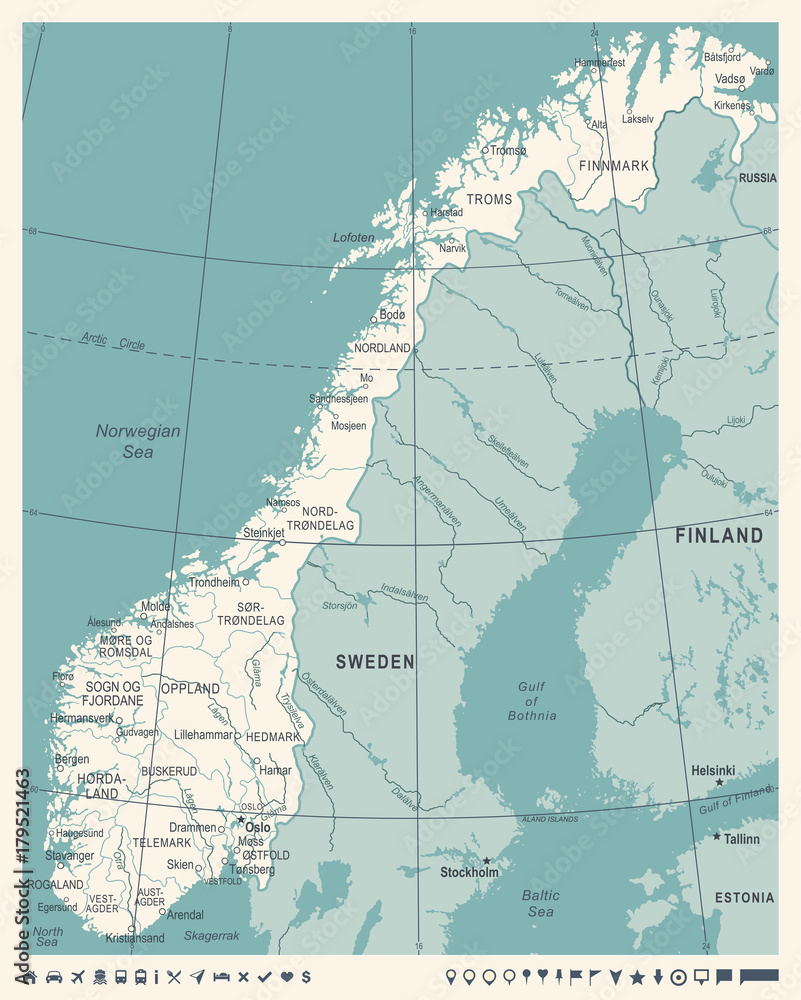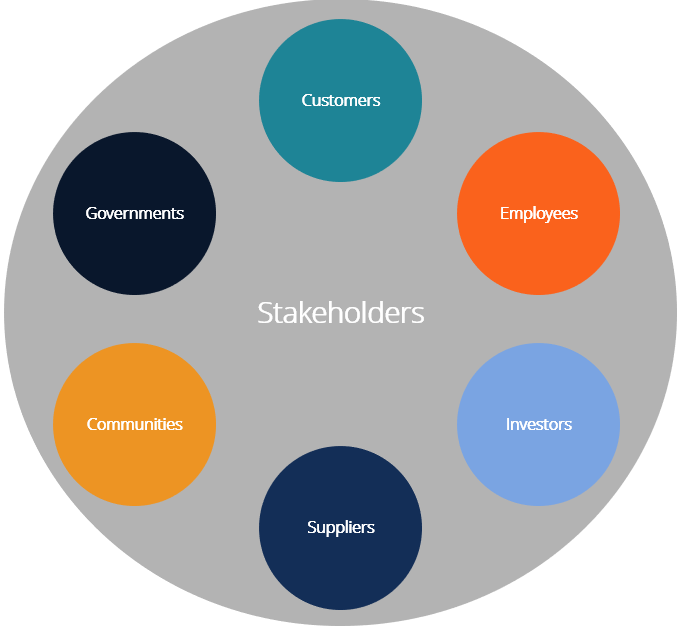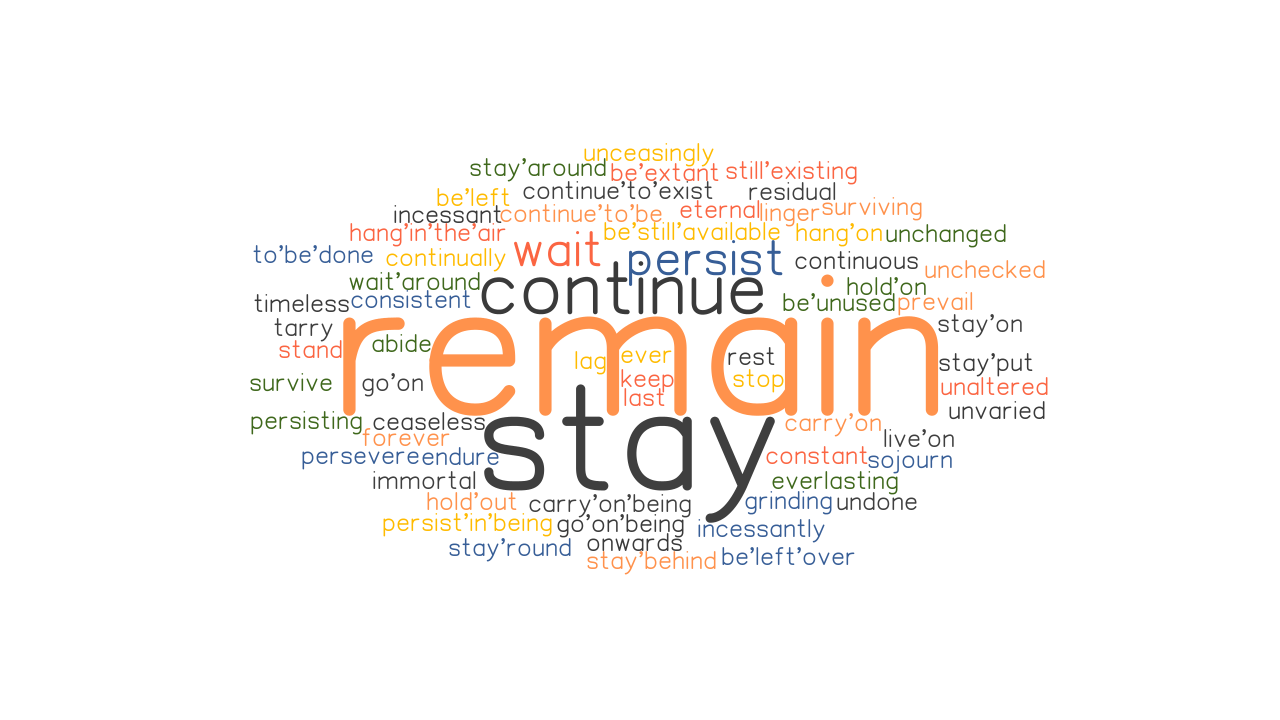


Meeting Uday was an eye-opener for me – his perseverance an inspiration. I completely share his conviction that sustainable ship recycling is a win-win for all, but also his frustration in terms of how incredibly slow ship owners are to endorse solutions that make both business sense and are far better options for the environment and workers.
My first task working on the ship breaking issue for a group of environmental NGOs was to organise an event in the European Parliament. We believed that solutions for sustainable ship recycling would most likely be found at the EU level, and found support from the European Environment Commissioner at the time, Stavros Dimas, who agreed. To make sure that policies ensuring a radical shift would be adopted, a broad coalition was established: we called ourselves the NGO Shipbreaking Platform and wanted not only to denounce the deplorable conditions on the beaches of South Asia, but also propose solutions.


Having campaigned for responsible ship recycling for more than 15 years, I wish I was able to say that the problem is solved. Taking apart massive steel structures that are embedded with numerous toxic materials on tidal mudflats still blows my mind, unfortunately it also continues to cause irreversible damage to workers, local communities and coastal environments. I quickly learnt not to underestimate the challenge of countering an industry not used to being held accountable for its substandard practices. Lack of transparency, dodgy deals and lies are part of the shipbreaking problem. Uncovering these business practices therefore became important. Things are now moving in the right direction: new legislation at EU level, precedents for criminal liability and an increasing interest in scrap steel to green the steel producing sector are some of the developments that change the way end-of-life vessels are managed. Technical solutions for sustainable ship recycling existed way before I started working on the issue, and forward thinking innovators are now aligning themselves with new circular economy policy priorities. The Platform brings together a wide range of great people and organisations standing up for responsible ship recycling, compliance with international environmental laws and obligations to conduct human rights due diligence, and as long as the problem is not solved, we won't give up!
I want to see ship owners plan for the responsible recycling of their vessels, and this already at the design and building stage. Eliminating hazardous materials and designing for cradle-to-cradle, rather than cradle-to-grave, and easy disassembling will drastically reduce risks and radically change dynamics at end-of-life. Ship owners need to also get their head out of the sand and seriously start engaging with progressive recyclers, some of which are already now offering possibilities to book a future slot at their facility. Sustainable options already exist and are poised to grow.


Whilst every stakeholder has a distinct role and responsibility to ensure safe and environmentally sound ship recycling, collaboration is key. In addition to the below actors, workers and local communities need to be involved. Via the right to assemble, trade unions play an important role in making sure workers are provided decent conditions.
Plan for sustainable end-of-life management and play a more pro-active role in supporting sorely needed capacity building.
Make sure existing laws aimed to protect workers and the environment are enforced and hold any stakeholder seeking to dodge their responsibility accountable. Toxic trade is a criminal offence because its consequences are so devastating. New policies need to support capacity building and innovation with an eye to accounting for the added value scrap steel has within a circular economy.
For those operating on beaches: become a game changer and move to a proper industrial platform. For existing and upcoming yards that follow best practice: let ship owners know that you have the capacity to handle their tonnage.
Ensure that scrap steel is obtained only from recycling yards that operate in line with best practice.
Demand that shipping companies have a responsible ship recycling policy and pro-actively support capacity building for sustainable ship recycling off the beach in line with ESG criteria and the EU taxonomy for sustainable activities.
As long as there still is a problem, continue to effectively denounce injustice and promote solutions.
Investigate, stay independent and don’t let anyone off the hook.
When talking about solutions I often say we just need to go "back to the future". Vessels were actually recycled in a safer manner before the sector moved to the South Asian beaches for cheap, dirty and dangerous disposal. Many of the means that can today improve ship recycling practices have existed for decades, including the dry-dock and heavy lifting cranes, and are certainly not as complex as Marty McFly's car in the film "back to the future". Fortunately the real future is likely to be an improved version of the past taking onboard technological developments such as new cold-cutting techniques and innovative material recovery processes. Also, the Platform will work to ensure that the present indifference many shipowners have for lives and the environment in South Asia will not be tolerated in the future.


Stay put!